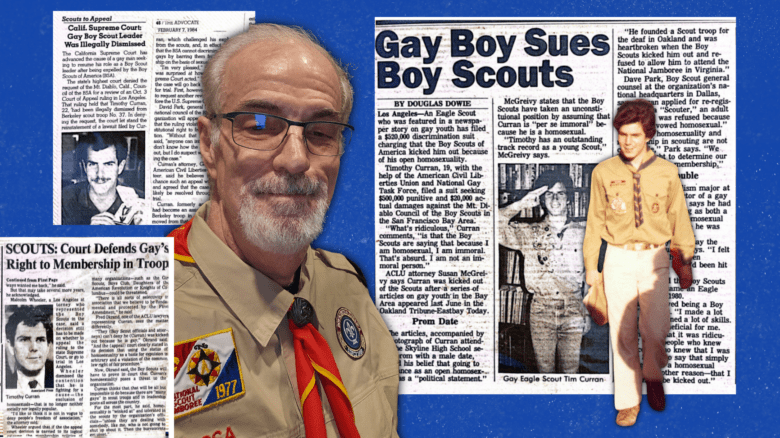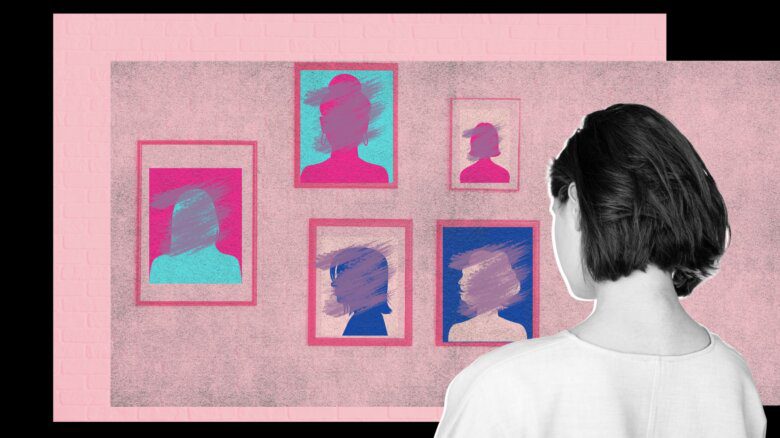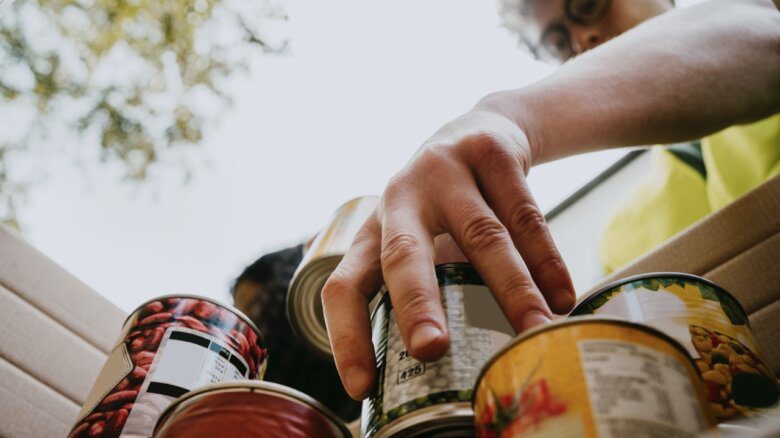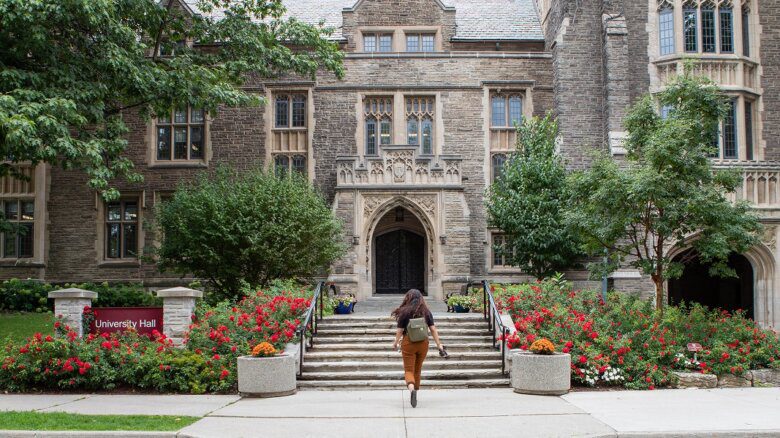Anti-trans violence isn’t going away, activists and experts warn, as they say perpetrators have become more emboldened to carry out attacks on trans and gender-diverse people across North America.
Government officials in both the U.S. and Canada have said reports of hate crimes against queer and trans people are on the rise—the Human Rights Campaign says that more than one-fifth of all reported hate crimes in the U.S. last year were based on anti-LGBTQ2S+ bias. And though sensational news reports may proliferate more widely in the U.S., experts and officials say Canada isn’t immune to the spate of violence. But even amid these rising numbers, data collection remains a persistent problem in the U.S. and Canada as many hate crimes go unreported and distrust of police persists.
“Anti-trans violence in Canada is a serious and growing concern,” the office of Marci Ien, minister for Women and Gender Equality and Youth, tells Xtra by email. “There is no question that trans people, particularly racialized and Indigenous trans people, are facing heightened levels of violence, discrimination and systemic exclusion. From verbal harassment on the streets to physical violence, including sexual assault, these attacks are unacceptable, and they are tearing at the very fabric of our communities.”
When asked about when the minister is doing to address this violence, Ien’s office pointed to the federal 2SLGBTQI+ Action Plan, as well as an upcoming awareness campaign and ongoing efforts to improve data collection about queer and trans people. And though the government budgeted $100 million for the plan over five years, some say that’s not enough.
“One hundred million dollars over five years doesn’t go as far as people think it will, and I think that if we were talking about infrastructure, if we were talking about public safety or healthcare, we would be talking about hundreds and hundreds of millions, and I’m disappointed that we only got $100 million,” Fae Johnstone, executive director of Wisdom2Action, a social enterprise and civil society consulting firm, said at the time of the announcement.
Johnstone, who was recognized by Ien during the plan’s announcement, also noted at the time that the plan falls short of meaningfully addressing rising levels of violence.
“We definitely need a strategy specifically around anti-LGBTQ2s+ hate—we know it’s rising; we have data that shows that we’re approaching a crisis point—a 64 percent increase in hate-motivated crimes. We need more investments that are more targeted, and not just broad investments where everything is spread so thin so there’s not as much substance as we need,” Johnstone said.
And the results of the recent U.S. presidential election only exacerbate those concerns over rising violence, especially as some say it’s become more normalized.
Following an election that once again puts Donald Trump in the White House—and will certainly lead to increasing levels of transphobic policymaking by the U.S. federal government, and rising anti-trans violence broadly—Hope Giselle-Godsey, the executive director of the annual National Trans Visibility March, which took place in Washington, D.C., last year, says the ongoing trend of violence has become more centralized, and also more overt. She says she’s noticed hate crimes in major metropolitan hubs like Washington, D.C., and Atlanta.
“A lot of the crimes are happening in public with very little actual reaction from the public around it,” she tells Xtra. “I think that it’s because people believe that these are places where they can get away with it.”
And in Canada, fears over continuing violence are compounded by decreasing support for LGBTQ2S+ people. According to results of a public opinion survey released in June by public polling company Ipsos, support for queer and trans visibility in Canada is lower than it was just three years ago. Bennett Jensen, director of Legal at Egale Canada, says there’s a through line from transphobic rhetoric spouted by politicians and these troubling findings.
“Cultural factors have political leaders creating this permission structure for hate and we’re seeing that translate into these rising hate crimes, but we’re also seeing it translate into reduced levels of acceptance for queer and trans people,” Jensen says.
Giselle-Godsey often serves as a voice of authority—but also of love, compassion and loss—when trans people are victimized in the U.S. Giselle-Godsey made history in 2023 as the first openly trans Black woman to speak at the March on Washington for its 60th anniversary.
Advertisement
Earlier this year, when a man threw his girlfriend, a trans woman, onto the tracks of the New York City subway system, severely injuring her, Giselle-Godsey interviewed her, anonymously, for Gaye Magazine. And when a Houston-based trans woman, Vanity Williams, a U.S. Air Force veteran and nursing student, was found shot dead in August, Giselle-Godsey, who knew Williams, also helped give life to her memory.
“She created and made a safe space for everybody, so to think that someone would want to hurt her and have a justified reason is something I cannot fathom,” Giselle-Godsey told local media at the time. “She was always so funny and had something upbeat to say. Even if she wasn’t feeling her best, she would always make you smile or laugh.”
Giselle-Godsey says she feels a sense of duty in holding space for these women when others may be too afraid to step forward. For many trans people, she says, the mere possibility of the consequences of being a visible trans person in 2024 keeps them out of the public eye as much as possible, particularly in the face of deadly violence.
“Me and Vanity had a really great and personal relationship, but there were girls who were at Vanity’s house four days out of seven days a week, if not all seven,” Giselle-Godsey says. “And none of them wanted to come forth because of the idea that now they become this public face, and people know who they are, and they might face violence.”
Activists do however warn against seeing attacks on trans people as wanton and random acts of violence. Giselle-Godsey and Andrew A. Ortiz, senior policy attorney at the Transgender Law Center, both say intimate partner violence, rather than attacks perpetrated by strangers and random passersby, represents a bulk of what trans people experience in daily life. And data backs up those claims.
According to the Human Rights Campaign, more than a third of all trans murder victims tallied by the civil rights group this year knew their attacker, a statistic that has held steady in recent years. This phenomenon shows the deadly cocktail of stigma, misogyny and racism that Black trans women—who make up almost half of the documented murder victims—must endure to exist.
“We can pull out random attacks on queer people on trans people from random bigots, and point to those as a problem. But honestly, the most violence against people is intra community, is with people, intimate partners, folks that you know, people that you come into contact with on a regular basis,” Ortiz says.
And for Black trans women like Giselle-Godsey in the public eye, naming this trend of intimate partner violence instead of falling back to easy narratives that these attacks are unpredictable random acts of violence is crucial to beginning to address that violence in the first place.
“I think that a lot of journalists really need to do their due diligence, not to just name that a thing happened and that was wrong,” she says. “Let’s call [domestic violence] what it is when it happens to trans women as well.”
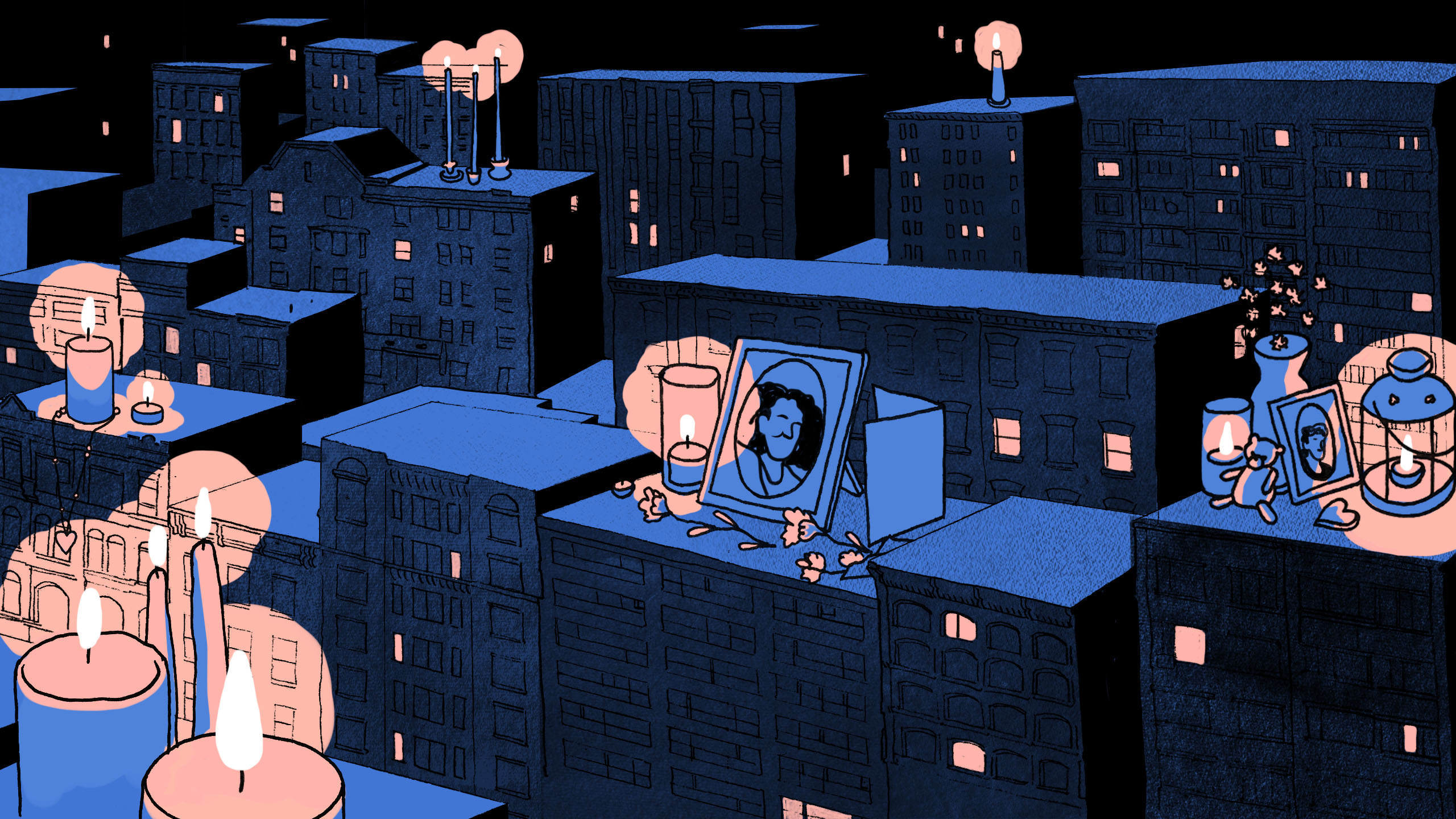

 Why you can trust Xtra
Why you can trust Xtra